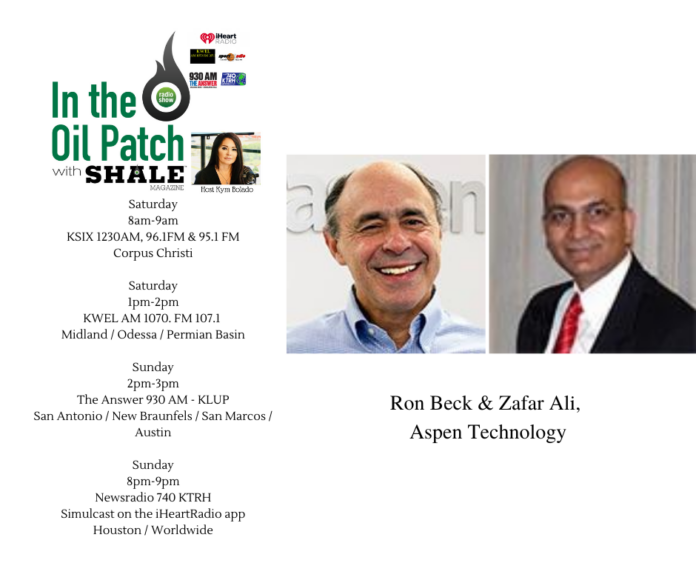
Prudhoe Bay, AK drilling?
Kym Bolado: The Trump administration formally established a lease plan to allow oil exploration in the Alaskan National Wildlife Reserve this week. Did you see a lot of interest from the industry on trying to drill for oil up there? With all the oil we have down here in Texas, does it really matter where they’re drilling it?
David Blackmon: The administration was obligated to establish this leasing plan. You’d never know it from reading the media reports about it. Congress passed a bill in 2018 requiring the Department of Interior and David Bernhardt, the secretary, to establish a leasing plan for the northern-most coastal plain of this 19 million acre preserve. They’re talking about leasing about 1.5 million acres for oil and gas exploration up there. This has been a political football for more than 40 years. I remember talking about Anwar during the Carter administration. It’s always failed. During that period of time, if you remember, Prudhoe was established in the mid-70s, and they built the TransAlaska pipeline to carry the oil from Prudhoe Bay all the way down to the Southern coast of Alaska for export. Anwar is just 50 miles to the east of Prudhoe Bay. I always thought there was a lot of crude oil underneath this northern extent of Anwar. So, they really wanted to go over there and explore for it, but they never could get it approved. And now here we are in 2020, and finally it’s been approved by Congress and the administration has established this lease plan.
The question now becomes is any company really going to want to build on these leases? Because times have changed a lot in the last 43 years. It would be incredibly difficult now to get permits through all the lawsuits that are going to inevitably come from the environmental community to oppose any drilling up there. It’s such a reputational risk for any company that tries to do it. If you have an oil spill in Anwar on the North slope of Alaska, my goodness. It would be major news for years. You would never get past it from a reputational public relations standpoint. If they have this lease sale in December, I’m going to be fascinated to see what companies go out there and bid.
Kym Bolado: Talk to me about these planners. What’s their specific role, and how can they become more efficient?
Zafar Ali: Absolutely. So, this is actually a critical role in a refinery operation. So, when you’re trying to run the refinery, you need to come up with a plan. And the plan typically is for a two to four-week time period. And there’s always the changes if all of the assumptions change. So, you’re trying to predict the future. You’re trying to call it the robust plan that can cope with some of the changes that may occur in the future. As you can imagine in the market, in the free market, you have a lot of feed stock options to choose from right now, each of these feed stocks produce different types of partners.
So that’s an important point. The second point is that you need to always be properly accountable for shifts in the future. You have a market that you are catering to, but the demand from the market could also fluctuate. It could be seasonal. So, what a planner typically does is it tries to figure out what’s the optimum way forward. If you buy the best feed stock, what is your finery obviously, based on the price. So, at the end of it, at the bottom line for the planner is to maximize the refinery margin. So, all his decisions are up for grabs and he needs to make sure that he generates a plan that maximizes me to find the margin.
Listen to the entire braodcast by clicking above. Listen to all the broadcasts here.














